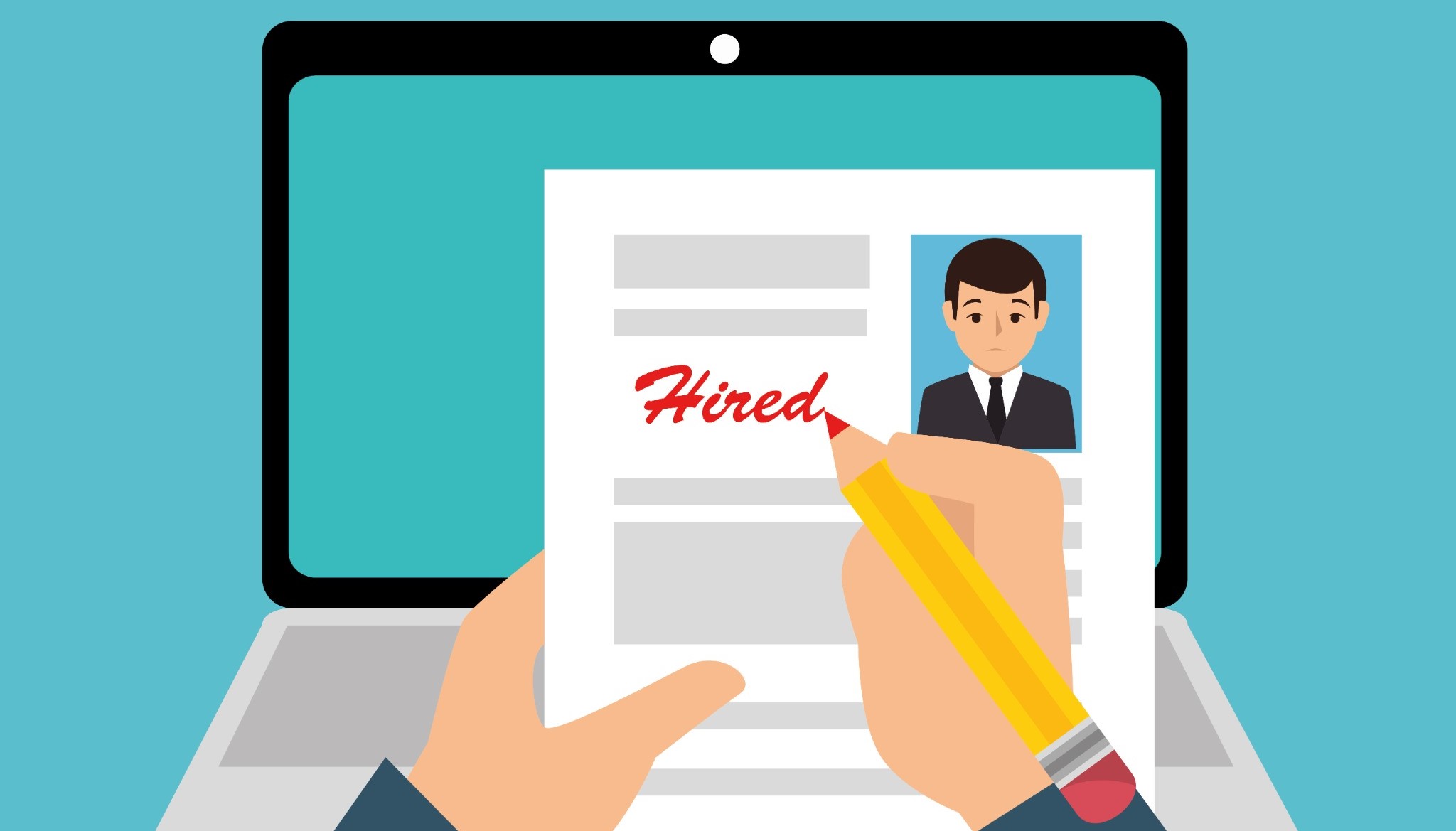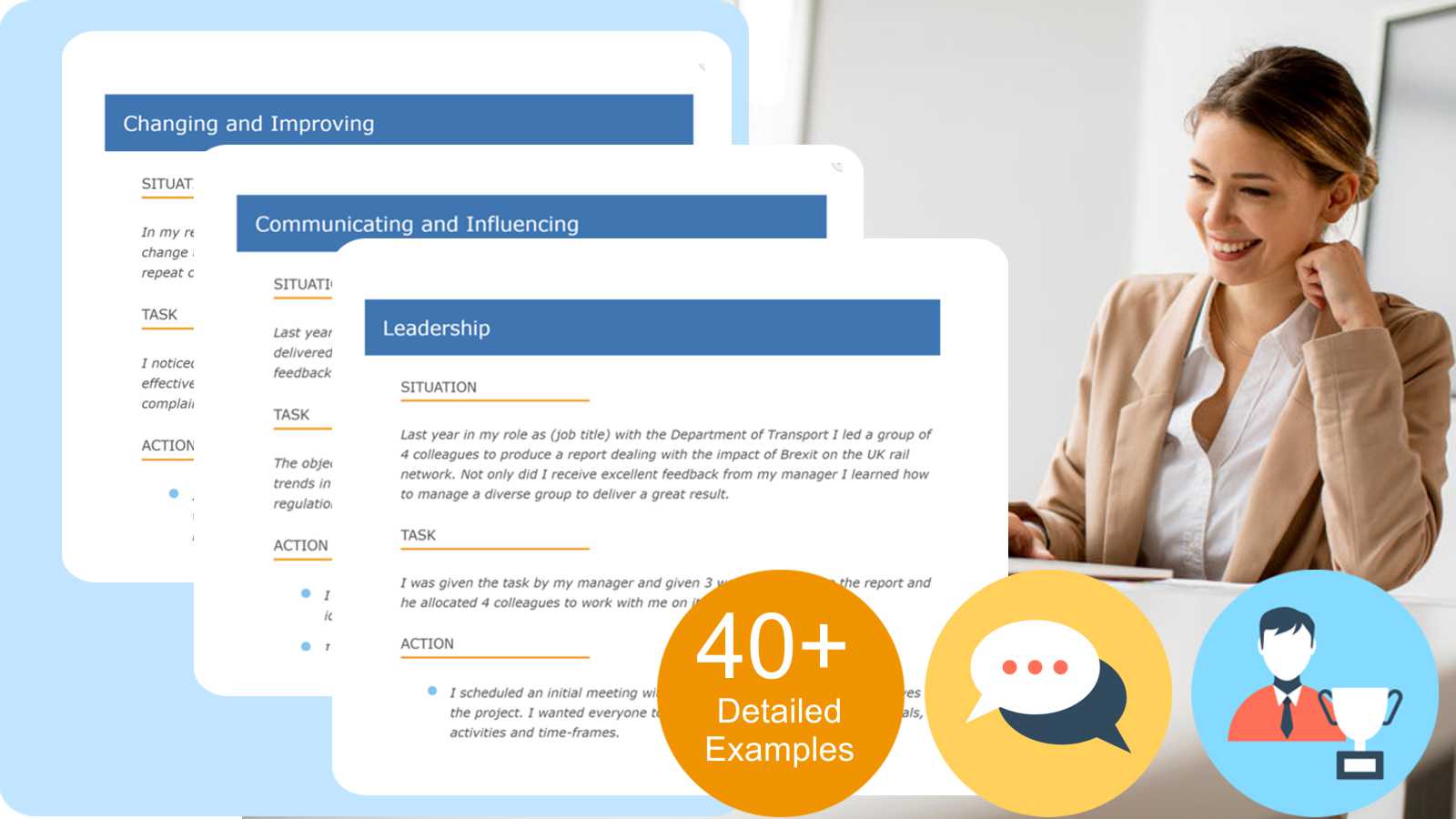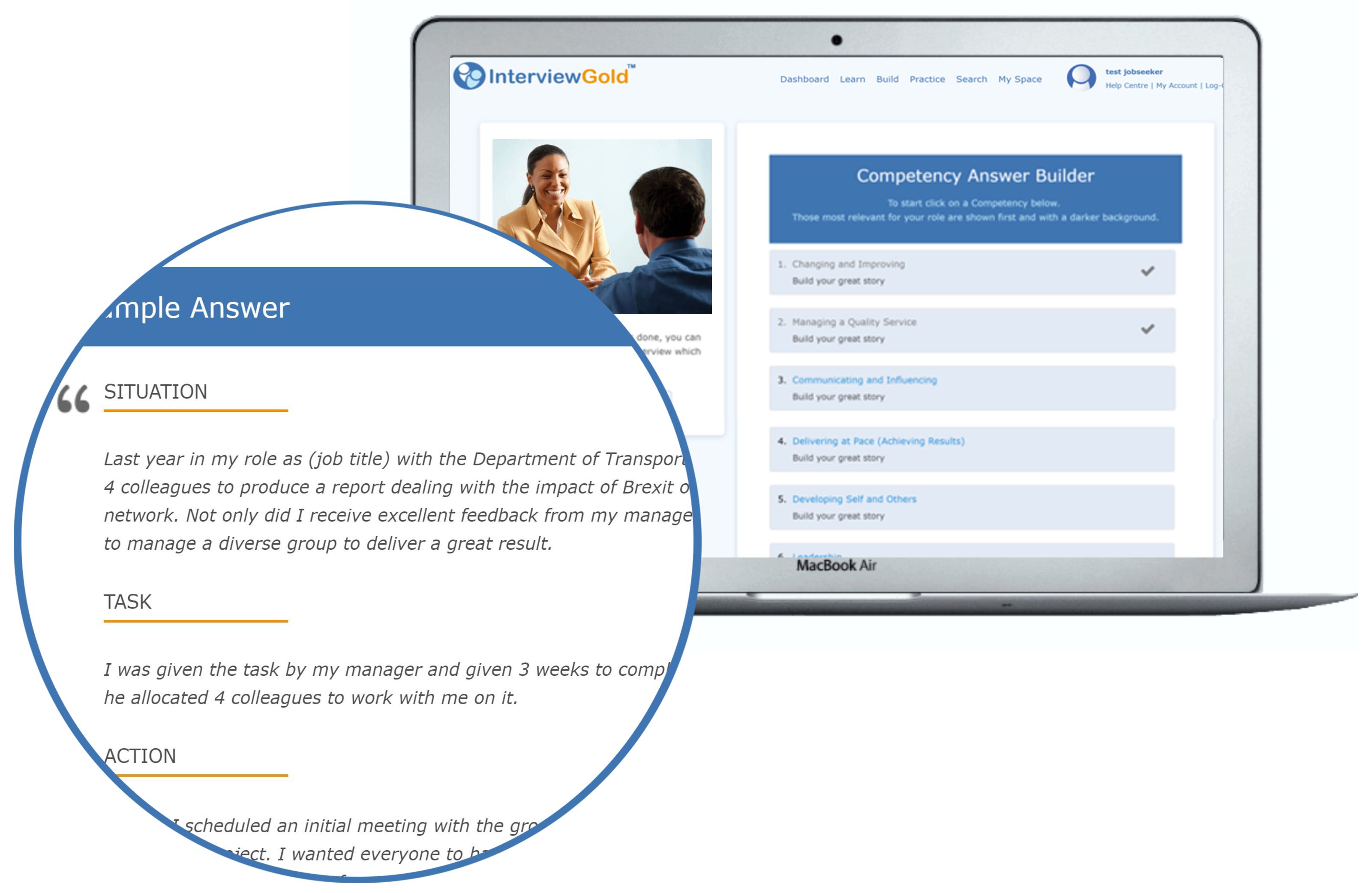
A good cover letter is vital to getting a job. It is your introduction to a potential employer – the written equivalent, if you like, of a confident handshake and a friendly smile.
An impressive CV is of course a help, but a good covering letter can create an immediate favourable impression with an enthusiastic tone. It points out how the information on your CV is relevant to the job and it can highlight the essential skills, experience and personal qualities that you bring.
Let’s say you have written a great CV and you’ve meticulously crafted it so it showcases your professional journey and emphasises your valuable experience. You’re now ready to apply for the great position that you just found.
Why a good cover letter is essential to a successful application
As you’re about to hit that “Submit” button, you spot the dreaded phrase: “Cover letter required”.
Nobody likes writing a cover letter, so much so that many people just won’t bother writing one. In fact research shows that just over a third of candidates bother to submit a well written cover letter. What do you think that says to a potential employer?
It’s a safe bet that potential employers are only going to take applicants seriously if a cover letter is included, especially if they explicitly ask for one. This is why we think it is worth learning how to craft the perfect cover letter, and why we’ve included some insider tips and tricks.
The majority of recruiters (74%) say they read a cover letter where the advertisement specifies one is needed. Now, that doesn’t sound like it is worth your time creating one but it is still going to put you at a large advantage over the 62% of applicants that don’t bother.
Know What To Say on Your Application and Interview
What is a cover letter?
A cover letter is a concise document consisting of three to four paragraphs, this letter is designed to enhance the applicant’s CV. While the CV provides a detailed account of the applicant’s work history, educational background, specific skills, qualifications, and experiences, the cover letter offers a glimpse into their personality and suitability for the role they’re applying for.
With that in mind, each cover letter should be customised to the job you’re interested in. If you’re just starting your career and job hunting, mastering the art of writing a cover letter is a vital skill that will benefit you for many years to come.
Why do employers ask for a cover letter?
A cover letter is your opportunity to sell yourself and state why you are applying for a particular position. You can think of your CV as a product tech sheet, and the cover letter as a marketing poster to sell that product (you). Knowing the technical capabilities of a given product is great but it doesn’t make it stand out from all the other products in that category – your marketing poster does.
Thankfully, crafting the perfect cover letter for UK employers is not as hard as it might sound.
Crafting the perfect cover letter
Don’t worry! Creating a compelling cover letter isn’t as daunting as it seems. It’s an opportunity for you to stand out and leave a lasting impression on prospective employers.
Tips for a successful cover letter
In order to create a successful and persuasive covering letter you should make note of the following key points:
- Your cover letter should be neatly set out and written on plain paper, preferably of a light colour so that the text stands out well. Expensive, flashy coloured paper is to be avoided as it only distracts from the content.
- Make it easy to read, with short sentences, and factual content that is to the point. Try to avoid vagueness or waffle, and use everyday language without clichés and without sounding too pompous or formal.
- Keep it to a single page – an overly long cover letter simply loses impact. and could suggest woolly thinking and discourage a potential employer from wanting to know more about you. One side of an A4 sheet is about right.
- Your writing should be fluent and positive, with answers to some of the questions an employer might pose, such as “What makes you think you would be good at this job?” Show understanding of what the job entails, be convincing that you are really interested in the work, whether it might be sales, finance, insurance, or whatever, and not just looking for any job that you can get. Competition is fierce for employment, and qualifications alone are not enough. An employer wants to see drive, ability, and a desire to succeed.
- Show how your skills are relevant to the job and demonstrate that you have a range of experience. Show that you are able to work within a team where necessary, or think for yourself and that you are flexible and creative.
- You should try to find the name of the right person to write to rather than send an impersonal letter to “The Manager” or “The Director”. Independent research has demonstrated the value of an approach to a correctly named person within an organisation, in getting attention and being able to go to the next step of being offered an interview.
- State when you would be able to start work, whilst being as flexible as possible.
- If your letter is sent by email as an attachment, you need to make this clear in the body of the message so that your email doesn’t get overlooked or just goes into a spam folder. Although emails are quick to deliver, and part of modern life, they can get lost in the system more easily perhaps than a written letter on paper, sitting on the desk.
- It is imperative that you check and check again your grammar and spelling, before sending off your letter. Spelling checks need to be contextual, as spellcheckers cannot necessarily pick up a word that is inappropriate in its context, such as “form” instead of “from”, for example.
A cover letter is arguably even more important than your CV, since it is likely to be read first. It can be the deciding factor as to whether a prospective employer moves on to look at the rest of your application and consider you for interview.
Another key point is to keep in mind is that although you may be sending out several job applications, you need to make each one sound individual and personal, rather than sticking to a standard template.
Expert STAR Sample Answers for Your Application and Interview
When you join InterviewGold, you get instant access to expert STAR answers, job specific questions.
Plus the powerful answer builder tool will help you create brilliant answers in minutes.
Our expert advice for writing your brilliant cover letter
Layout
- Lay out your letter with your address and contact details in the top right corner of the page.
- Address to the individual recruiting for the job along with his or her title for example “Dear Mr Smith” or “Dear Ms Jones”. It is definitely worth finding out who would be dealing with your application, either by checking online or by telephoning to ask. If you have not succeeded in discovering the name of the recruiting manager then opt for “Dear Sir/Madam”.
- Draft your letter so that it reads in a logical manner, is intelligent and concise, consisting of an introductory paragraph and then 2 or 3 subsequent paragraphs detailing your experience and skills, what you will bring to this employer and finally the objective of your application.
Tailor Your Header
If you’re applying via an online platform, avoid repetitive information like your address (since you’ve probably already provided that).
However, if your cover letter is being sent as via email, most employers prefer to receive it in the body of the email and not as an attachment. It is a good idea though to do both and cover your bases.
Include your contact details, including your email address (even if you are sending it via email because it is much easier to copy an email address from an email body or document than it is to do so from the sender field).
Nail that opening paragraph
The opening sentence can be the most difficult, but it best to come straight to the point, for example:
“I am writing to you regarding the (job title) position as advertised on your website (ref 45433667) and attach my CV for your attention.”
If you have a genuine interest in the company’s brand or have previously used its products or services, you can state your passion in the opening line of your cover letter.
Employers appreciate sincere (don’t over-sweeten it, as that looks forced) enthusiasm as it often leads to highly driven and accomplished employees.
For instance…
… Is better than
And while that is not inherently bad, it does seem insincere.
Be specific
Avoid being generic and instead aim for specific: Rather than making broad statements like “My skills would be a great fit,” share concrete examples.
For instance:
This is better and more powerful:
Generic terms can be off-putting and seem unimaginative, so remember that this is your opportunity to shine and sell yourself.
Relate your experience to the needs of the company
State again your interest in the company and the position you are applying for, while highlighting how your skills and experience relate to the position and the company as a whole.
Outline your experience and academic qualifications highlighting only those regarded as essential to the role. Mention recent employments and key achievements especially those which show that you are capable and committed to a role such as the one being recruited. Specifically detail any unique experience which will put you ahead of other candidates, for example, the ability to speak another language, specialised computer expertise, or the fact that you delivered a major project.
If you are not certain what their goals or needs are, a quick internet search should reveal the information that you need. Appealing to their future goals is a good idea too, and puts you firmly in their mind when it comes time for them to make a
decision.
Why Hire You
This is where you really sell yourself by mentioning the skills and strengths you bring which exactly match the Job Description. You should avoid just repeating what’s in your CV, but rather expand on your qualifications and experience, and show how well suited you are to this job. Explain why you have a genuine interest in the work offered and outline how you match the requirements of the role.
How to closing your cover letter – last paragraph
Finish your letter on a positive and enthusiastic note, stating that you are keen to come along for an interview at the employer’s convenience. Mention also when you can start work especially if the employer is looking for someone to start soon.
You should also include some kind of thanks for taking the time to read your application, and it could provide you with a competitive edge in the selection process.
Consider something along the lines of the following:
And of course, finish with “Yours Sincerely” and sign the letter personally.
Presentation can be the key to success when applying for a job and first impressions count for a lot. Your covering letter and CV will precede you, and they need to be clear, concise, and intelligent. Spending time on your cover letter can reap rewards and quickly bring in those desired interview invites.
Crafting the perfect cover letter for UK employers is not so difficult after all, when you think about it. Just take your time, and don’t forget to check your spelling and grammar; especially if the role you’re applying for expects correctness.
How InterviewGold Will Help You Make Perfect Applications and Get Jobs
With the InterviewGold online training system you have access to a host of great content all designed to help you make great job applications.
You get sample answers, cover letters and personal statements. Plus the powerful Answer Builder tool creates winning answers in second to use in any application or interview.
Start now and get the job you want.
Get Instant Access • Practice online 24/7 • 100% Guarantee


